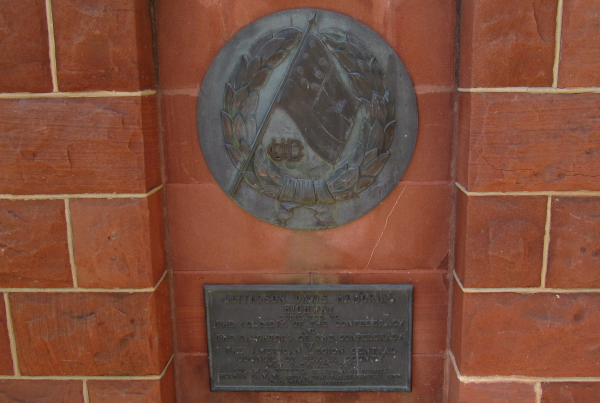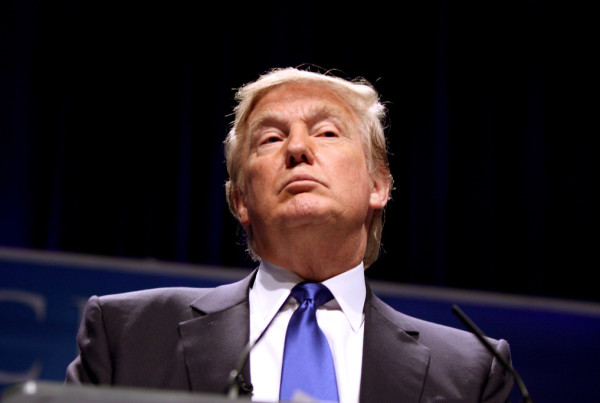A recent investigation into the admissions process at the University of Texas at Austin showed that dozens of highly influential Texans wrote letters straight to then-President Bill Powers to help under-qualified students get in. Some of these students had GPAs as low as 2.9 on a 4.0 scale.
But, Powers wasn’t the only person pulling strings. This week there are reports of several officials, from former senator Kay Bailey Hutchison to House Speaker Joe Straus asking for special consideration for kids of friends and allies. The Standard’s David Brown talks with Jack Stripling, senior reporter at the Chronicle of Higher Education.
Is this cause for concern or business as usual?
“That’s kind of something we’ve tried to tease out since this story broke.We see stories like this from time to time about special consideration given for students who are applying to a college. Usually, this is in the context of a student bringing some special talent to the institution. Athletics is a big one. What was kind of different about the Texas case is you have what seems to be a real coherent system for the President himself putting forward particular names and on occasion overruling the wisdom of the admission officers who are presumably the experts on whether a student will be able to succeed once enrolled.”
What’s different about the Texas case?
“What is striking about the Texas case is some of the gorey details that came out in the independent investigation…. The idea of people carrying index cards into a private room and then shredding them after they meet with the president seems like a particularly brazen way of going about this. Part of the reason people are sort of gasping a little bit at this story is that we seldom hear this level of detail about how this works. The most prominent case… in recent memory happened at the University of Illinois at Urbana Champaign. A lot of high powered people at Illinois lost their jobs. Perhaps the reality in Texas is that President Powers was on his way out the door anyways.”
Should this be against the law?
“The public has a vested interest in feeling that the admissions policies of the preeminent universities in the state are fair and based on merit. The fact that Texas is engaging in a really public conversation about what constitutes merit — does your connection to a politician or potential donor constitute merit — I think that’s very healthy for higher education. If lawmakers don’t like the answers they’re hearing then obviously they’re in a position to take a different type of action. As far as I know at this point this sort of thing does happen but there’s a reason that universities don’t typically talk about it because it is the type of thing that smacks of preferential treatment in an environment where admissions have never been a hotter potato.”















